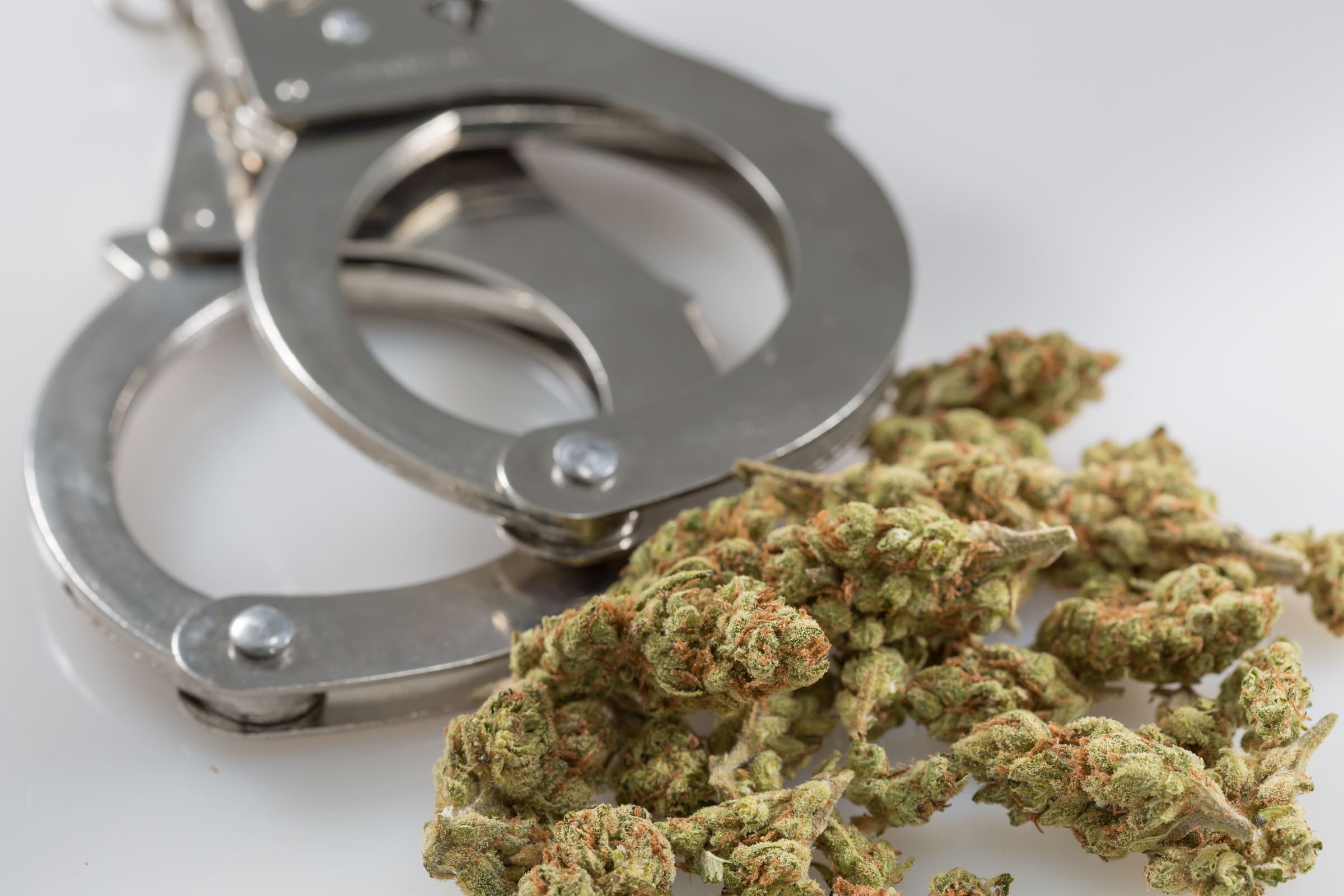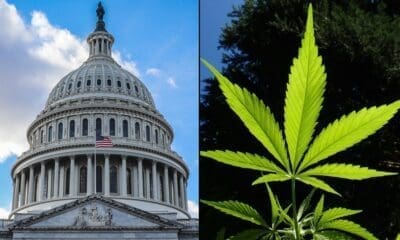Politics
Congress Debates Marijuana Legalization And Impaired Driving

A congressional committee looking at drug-impaired driving repeatedly turned to the question of marijuana legalization and its potential impact on U.S. roadways on Wednesday.
Several witnesses took questions from members of the House Energy and Commerce Committee on ways to reduce drug-impaired driving, but the experts generally agreed that it’s difficult to identify a direct link between cannabis reform efforts at the state-level and rates of traffic incidents.
What’s more, the kind of technology that enables law enforcement officials to determine the level of intoxication of a driver who consumed alcohol does not currently exist for marijuana. Drug tests can find inactive metabolites of THC, the main psychoactive ingredient in cannabis, but there aren’t any devices that can demonstrate active impairment. Those inactive ingredients can also show up in drug tests for as long as a month for marijuana, compared to just days for other drugs such as cocaine, so their presence does not necessarily indicate that someone is high behind the wheel.
Rep. Jan Schakowsky (D-IL) mentioned that Illinois law enforcement departments are “experimenting with a new swab test” for various drugs, but that for the time being, results of those tests are “unlikely to be admissible in court.”
The experts echoed the congresswoman’s skepticism about the utility of existing drug testing technology such as blood alcohol content (BAC) tests for marijuana. Dr. Robert DuPont, president of the Institute for Behavior and Health and a former director of the National Institute on Drug Abuse, said that “there is no fixed relationship between blood and impairment for other drugs” besides alcohol.
“Alcohol is the exception—not marijuana—in this, and we’re going to have exactly that problem with every single drug. It cannot be fixed with additional research.”
One simple way to minimize marijuana use behind the wheel would be to impose a zero-tolerance policy for individuals under 21, similar to alcohol, DuPont recommended. But that would lead to widespread criminalization of minors who use marijuana but don’t necessarily drive under the influence, and could even sweep up young people who use medical cannabis.
Colleen Sheehy-Church, president of Mothers Against Drunk Driving (MADD), called for additional research to establish evidence-based drug testing technology but acknowledged that alcohol remains the deadliest and costliest factor in traffic fatalities.
“What we don’t know, however, is the role of [other] drugs as a causal factors in traffic crashes,” she said. “This is why more research is needed.”
Two members of the committee—Reps. Larry Bucshon (R-IN) and Leonard Lance (R-NJ)—voiced their opposition to recreational marijuana legalization during the hearing. Bucshon, who is also a heart surgeon, said that his experience as a medical professional led him to oppose reform efforts because he worried about the potential health impact on the brains of young users.
Lance said that he was “open to expanding access for medicinal use of marijuana,” but opposes broader legalization.
“I’m especially worried about the legalization of recreational marijuana’s effects on our roadways,” Lance said. “New Jersey is the most densely populated state in the nation.”
But while the conversation over marijuana legalization and drug-impaired driving during the hearing was largely centered on methods that can be used to mitigate the risk, there was no mention of the growing body of research that contradicts the notion that legalization leads to increased traffic incidents.
For example, a 2017 study published in the American Journal of Public Health found “changes in motor vehicle crash fatality rates for Washington and Colorado were not statistically different from those in similar states without recreational marijuana legalization.”
A similar study published in the National Bureau of Economic Research concluded that “states that legalized marijuana have not experienced significantly different rates of marijuana- or alcohol-related traffic fatalities relative to [states that haven’t legalized].”
Senate Committee Ignores Key Facts About Marijuana And Driving
















